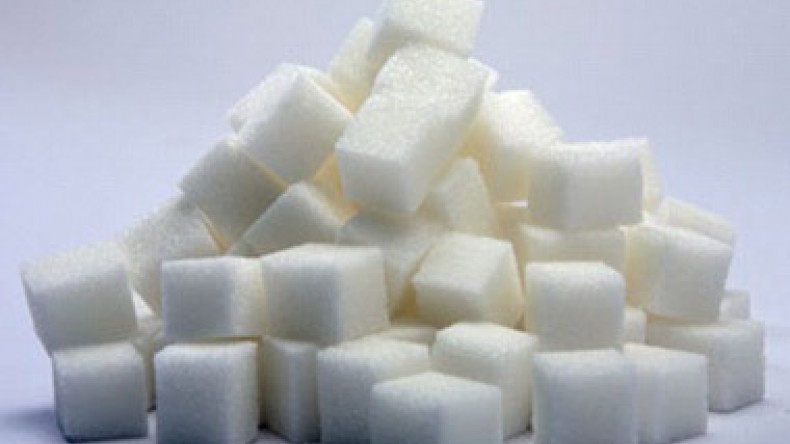
Sugar could be worse for your blood pressure than salt, shock new research reveals
Sugar - not salt - is to blame for high blood pressure, US researchers claim.
They argue that high sugar levels affect a key area of the brain which causes the heart rate to quicken and blood pressure to rise, the Daily Mail reports.
The scientists from New York and Kansas also highlight a recent study of 8,670 French adults which found no link between salt and high blood pressure.
For years the public have been urged to slash their salt intake and guidelines state it should be restricted to a teaspoon a day.
Experts say it increases the risk of strokes by a quarter and it has been blamed on 3 million deaths worldwide annually.
But in an article in the American Journal of Cardiology, researchers led by Dr James DiNicolantonio state ‘It is sugar not the salt that may be the actual causative factor for high blood pressure.
‘This notion is supported by meta analyses of randomised control trials (large-scale studies) suggesting that sugar is more strongly related to blood pressure in humans than sodium.
‘Encouraging consumers to hold the sugar, not the salt, may be the better dietary strategy to achieve blood pressure control.’
Around a quarter of adults in the UK have high blood pressure and it greatly increases the risk of strokes and heart disease.
This research is further evidence of the health risks posed by eating too much sugar.
In June, officials issued new guidelines urging the public to limit themselves to between five and seven teaspoons a day over concerns it is causing obesity and type 2 diabetes.
The American researchers believe that high sugar levels affect a key area of the brain called the hypothalamus which causes the heart rate to quicken and blood pressure to rise.
They also think it may cause our bodies to produce more insulin, a hormone, which may also speed up the heart rate.
Dr DiNicolantonio, a heart disease research scientist at Saint Luke’s Mid America Heart Institute in Kansas City also contradicts experts who claim reducing salt consumptions will lower levels of obesity and heart disease.
He adds: ‘We argue the opposite, a reduction in salt intake may lead to an increased intake in processed foods (and added sugars) and, thereby, increase the risk of diabetes, obesity, and cardiovascular disease.’
Newsfeed
Videos






























